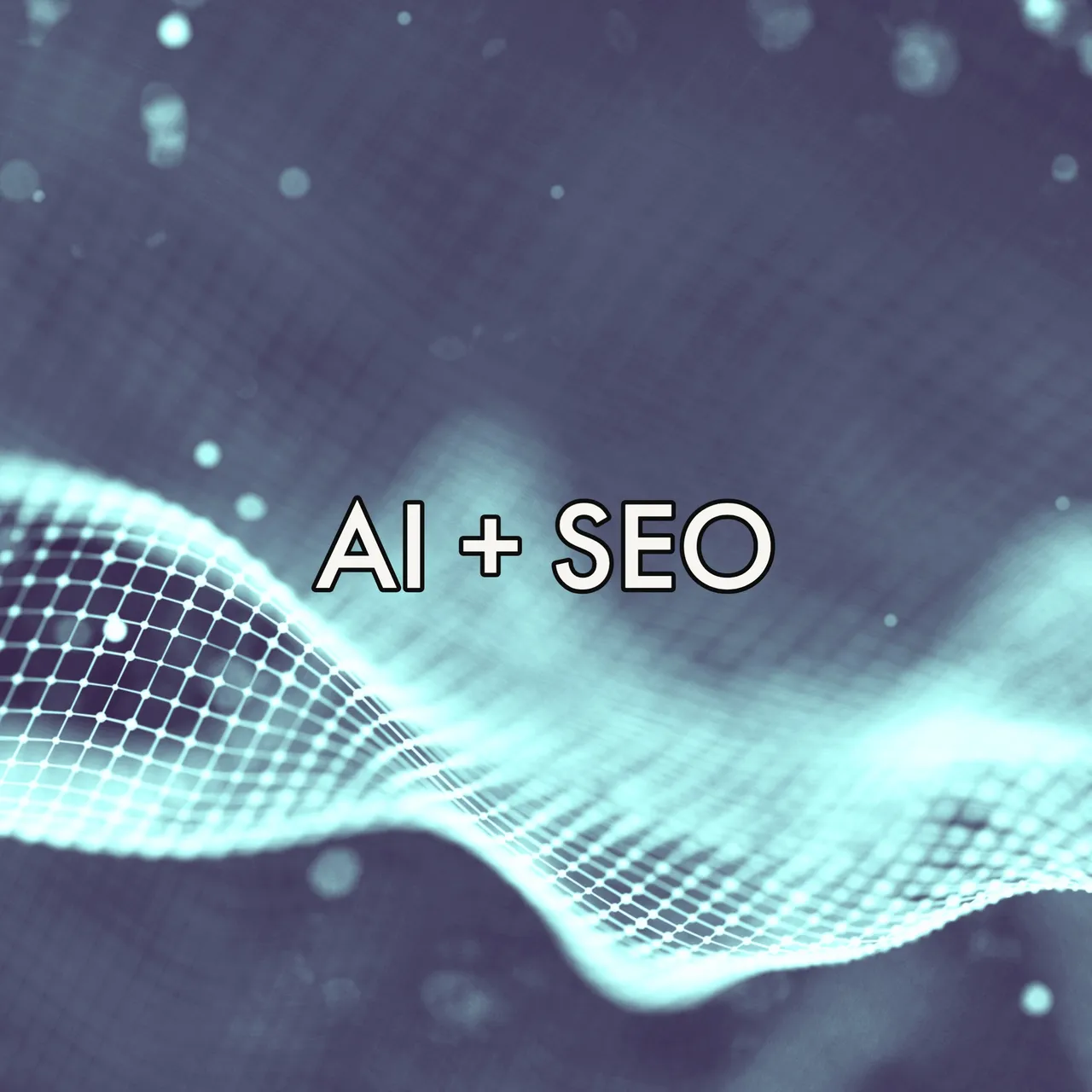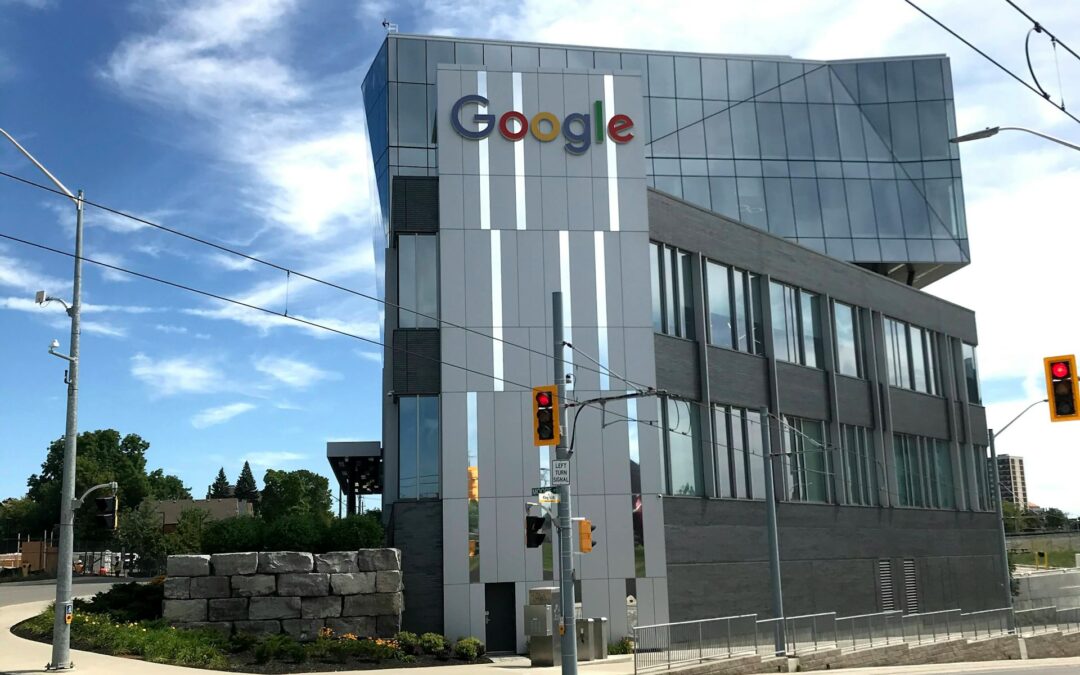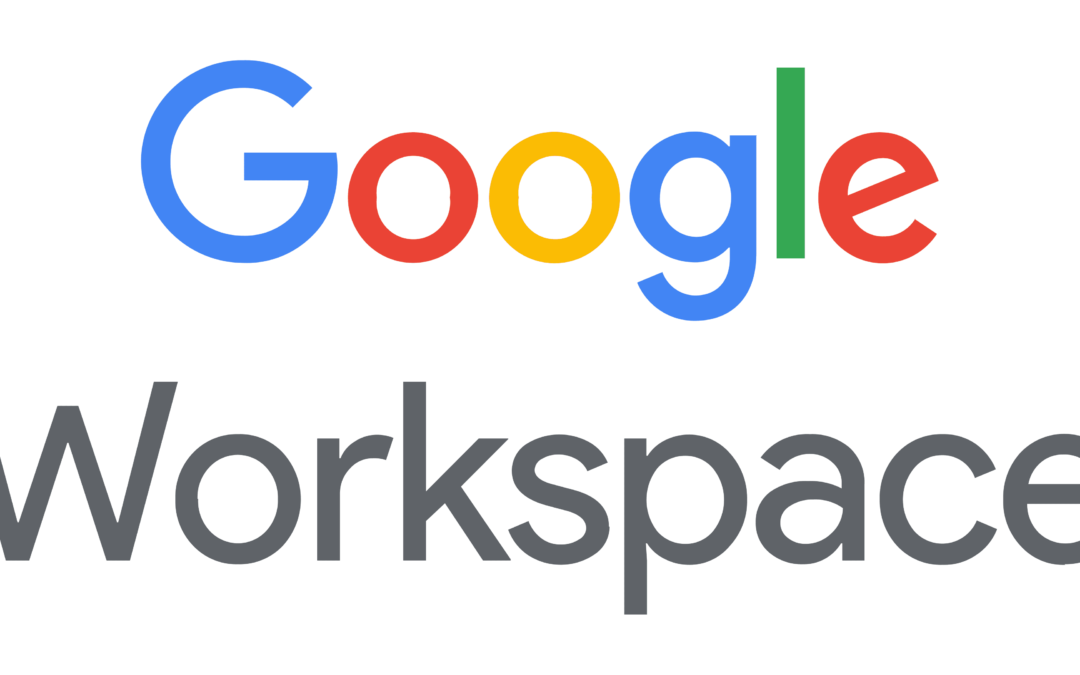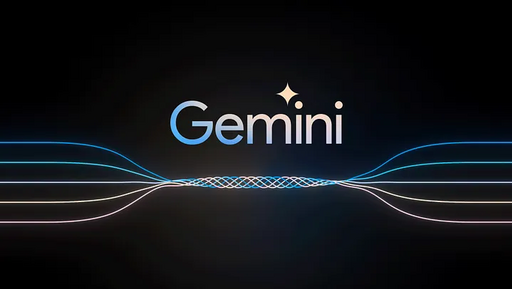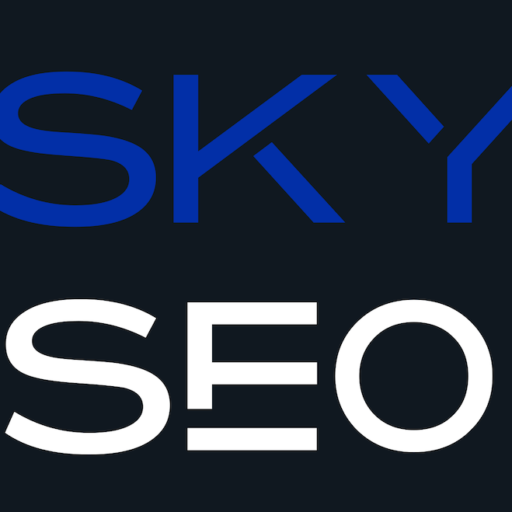Search engine optimization (SEO) has been around since the early days of the internet. In essence, it’s about creating content that helps websites rank higher in search engine results pages (SERPs) for specific search queries. While the core principles of SEO remain the same, advances in artificial intelligence (AI) have led to new tools and techniques that have revolutionized the field. In this article, we’ll explore how AI has improved SEO and how you can leverage these advances to improve your website’s rankings.
1. Natural Language Processing (NLP) for Better Content Optimization
One of the biggest challenges in SEO is creating content that’s optimized for both search engines and human readers. In the past, SEO experts relied on a combination of keyword research and manual content optimization to achieve this balance. However, with the advent of natural language processing (NLP), AI algorithms can now analyze the language and meaning of text at a deeper level.
Google’s BERT (Bidirectional Encoder Representations from Transformers) algorithm is one example of NLP in action. BERT helps Google understand the context of search queries, allowing it to deliver more accurate and relevant results. As a result, content creators can now focus on creating high-quality content that addresses user intent, rather than simply stuffing keywords into their articles.
2. Image Recognition for Better Image Optimization
Images are an important component of many websites, but they can also be a drag on page load times if not optimized properly. AI-powered image recognition tools can help address this issue by automatically optimizing images for faster loading times and better search engine rankings.
Google’s Cloud Vision API is one such tool. It uses machine learning algorithms to analyze the content of images and provide relevant labels and metadata. This can help search engines better understand the context of images on your website, leading to improved rankings and a better user experience.
Another example of AI-powered image recognition tool is the Kraken.io, an image optimization API that uses machine learning to automatically optimize images for faster loading times. Kraken.io’s AI algorithms analyze the content and structure of images to determine the best compression settings, resulting in smaller file sizes without compromising image quality. This leads to faster page load times, improved user experience, and ultimately better search engine rankings. By using AI-powered image optimization tools, businesses and website owners can improve their website’s performance, reduce bounce rates, and increase their online visibility.
3. Personalization for Better User Engagement
User engagement is a key factor in SEO rankings. The longer a user stays on your site, the more likely it is that your content is relevant and valuable. AI-powered personalization tools can help improve user engagement by tailoring content to individual users’ preferences.
Netflix is a prime example of personalization in action. Its AI algorithms analyze user viewing history and behavior to recommend content that’s likely to be of interest. Similarly, eCommerce websites can use AI to recommend products based on a user’s browsing and purchase history. By providing personalized content and recommendations, you can increase user engagement and improve your website’s SEO rankings.
Another example of AI-powered personalization tools is Amazon’s recommendation engine. Amazon’s algorithms analyze a user’s browsing and purchase history, as well as other data such as demographics and location, to provide personalized product recommendations. The recommendations are based on machine learning algorithms that constantly learn and adapt to user behavior. This personalized approach has helped Amazon increase user engagement and drive more sales. By implementing AI-powered personalization tools on your website, you can also improve user engagement and drive more conversions, ultimately boosting your SEO rankings.
4. Voice Search Optimization for Better Voice Search Results
With the rise of smart speakers and virtual assistants, voice search is becoming an increasingly important factor in SEO. However, optimizing for voice search requires a different approach than traditional SEO.
AI-powered voice recognition tools can help improve your website’s voice search rankings by analyzing the language and context of spoken queries. Google’s AI-powered voice recognition technology is one such tool. It can recognize natural language queries and provide more accurate and relevant results. By optimizing your content for voice search, you can improve your website’s visibility and reach a broader audience.
5. Predictive Analytics for Better SEO Strategy
Predictive analytics uses AI algorithms to analyze large amounts of data and make predictions about future outcomes. In the context of SEO, predictive analytics can help you identify trends and make data-driven decisions about your SEO strategy.
For example, the AI-powered SEO tool, BrightEdge, uses predictive analytics to help businesses identify keyword opportunities and prioritize their SEO efforts. Similarly, Google’s AI-powered Search Console provides insights into user behavior and search trends, allowing website owners to optimize their content for the queries and keywords that matter most.
Another example of how AI has improved SEO is through the use of chatbots. Chatbots are AI-powered conversational agents that can interact with users in real-time. By incorporating chatbots into your website, you can provide personalized assistance to users, helping to improve user engagement and ultimately boost your SEO rankings.
For instance, the chatbot tool, Drift, uses AI to understand and respond to user inquiries, providing a more personalized and efficient experience. By using chatbots to answer common questions, you can free up your customer support team to focus on more complex issues while still providing timely assistance to users. This can lead to increased user engagement, improved brand loyalty, and ultimately, better SEO rankings.
Transforming AI with SEO
AI has transformed the field of SEO, providing new tools and techniques for improving search rankings and user engagement. By leveraging the power of AI, businesses and website owners can gain a competitive advantage in the ever-evolving world of digital marketing.
From natural language processing to predictive analytics, AI-powered SEO tools can help you create content that’s optimized for search engines and tailored to user preferences. By staying up-to-date with the latest AI trends and technologies, you can ensure that your website remains visible and relevant in an increasingly crowded online landscape. So, embrace the power of AI and take your SEO strategy to the next level.

